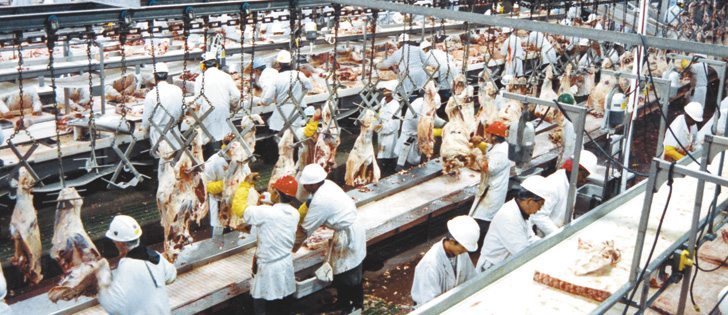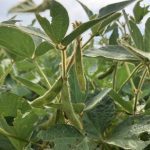Hopes are dashed for a quick settlement to the Chinese canola ban.
The country’s food import regulators are taking a hard line with Canadian Food Inspection Agency officials, says the Canola Council of Canada.
“Meetings have been going on and we’re still at zero tolerance,” said canola council president JoAnne Buth.
Not only is China still insisting that Canadian canola be certified blackleg-free by the CFIA before it is deemed acceptable for import, but the country won’t budge on the Nov. 15 deadline.
Read Also

Farmers urged to be grain-safe this fall
Working around grain bins comes with risk, from farmers falling to drowning in grain: Experts have five tips to help avoid grain-related accidents this harvest.
That means no new canola sales to China can likely be made, Buth said, because of the time it takes to get canola to port, inspected and on board a ship.
“They have not agreed to an extension,” Buth said Nov. 2.
When China’s plan to ban canola imports from Canada was first reported, it coincided with an approximately $20 per tonne drop in canola futures prices, from $400 per tonne to $380. Since then canola prices have crawled back up, almost reaching $400 per tonne again.
However, broker Ken Ball of Union Securities said the prices are hiding the true story of the impact of China’s action.
He said the relative value of the crop has dropped significantly because the Chinese threat was made at the same time that the Canadian dollar slumped to 93 cents from 97 and during a period in which U.S. soybean prices have been the strongest of the big crops.
“The Canadian dollar has added $30 to $40 per tonne to canola,” Ball said Oct. 30.
“The fact that canola has not gone anywhere tells you that canola has lost $30 to $40. The Canadian dollar has held canola like a rock. Without the Canadian dollar dropping, we would be drastically lower.”
China was Canada’s number one canola customer in 2008-09, buying more than 2.6 million tonnes of seed. In some years, however, it buys little or none.
Canadian canola experts say it is impossible for the CFIA to declare any commercial shipment of canola to be blackleg-free because it is a common soil-borne fungus and all canola contains trace amounts of dust and soil.
Caught off guard
China has raised concerns about foreign blackleg in the past, but the decision to effectively ban imports surprised Canadian and Australian exporters.
Nick Goddard, executive director of the Australian Oilseeds Federation, said in an e-mail that his country was unsure why China had suddenly taken a hard line.
“While China, like Canada, Australia and most canola producing nations, has blackleg present, we are unsure at this stage why China has placed this requirement on imports from Australia,” Goddard said.
Buth said China does not appear to be dishonest when it expresses concerns about foreign blackleg because its domestic strains of the fungus are less dangerous.
“They do have the nonvirulent strains of blackleg, so there’s never been any evidence that they do have the virulent strains of blackleg that we have,” she said.
“It makes sense for them to protect their rapeseed crops.”
However, Chinese officials have rejected all CFIA and Agriculture Canada suggestions about the safety of Canadian imports.
The Chinese have been told that Canadian farmers grow varieties resistant to blackleg, that their nation has imported 10 million tonnes from Canada in 10 years and never been infected, and that deliveries of Canadian canola can go directly from ship to crusher hoppers at port, so they do not get into the countryside.
Buth said if Chinese concerns truly are based on real risks, their response does not reflect that.
“There is a scientific risk, but they’re certainly not using science when it comes to talking about options.”
Federal agriculture minister Gerry Ritz told Reuters News Service Nov.2 that he was still hopeful the ban or the imposition date could be removed.
He also said he cautioned the Chinese ambassador last week against trade actions like this.
“They’re starting to come to an understanding that this maybe wasn’t a good move on their behalf,” he said.
“I also explained to the ambassador that if they thought this was a great way to try and negotiate a better price, think again. We still have probably at least half of our canola still in the field with the weather conditions that are there.”















